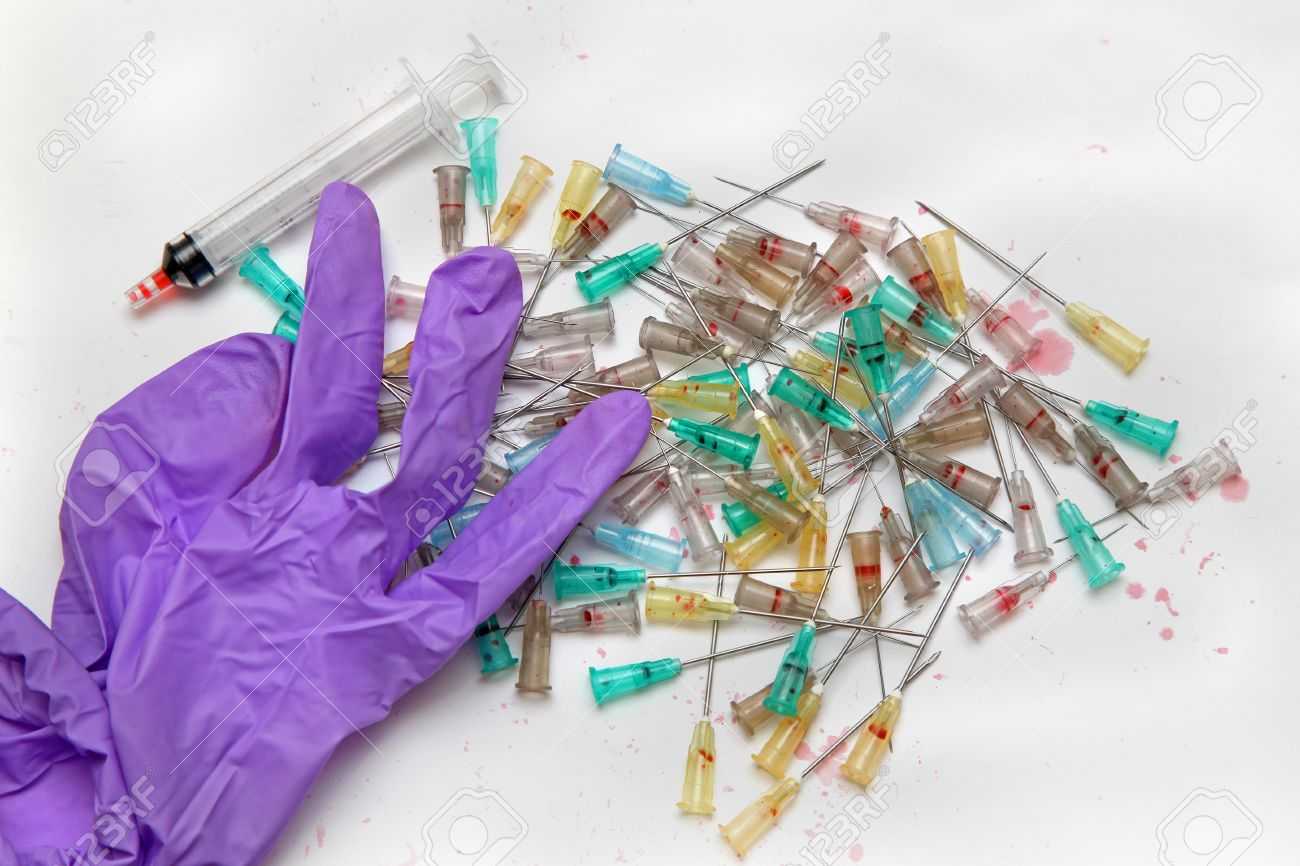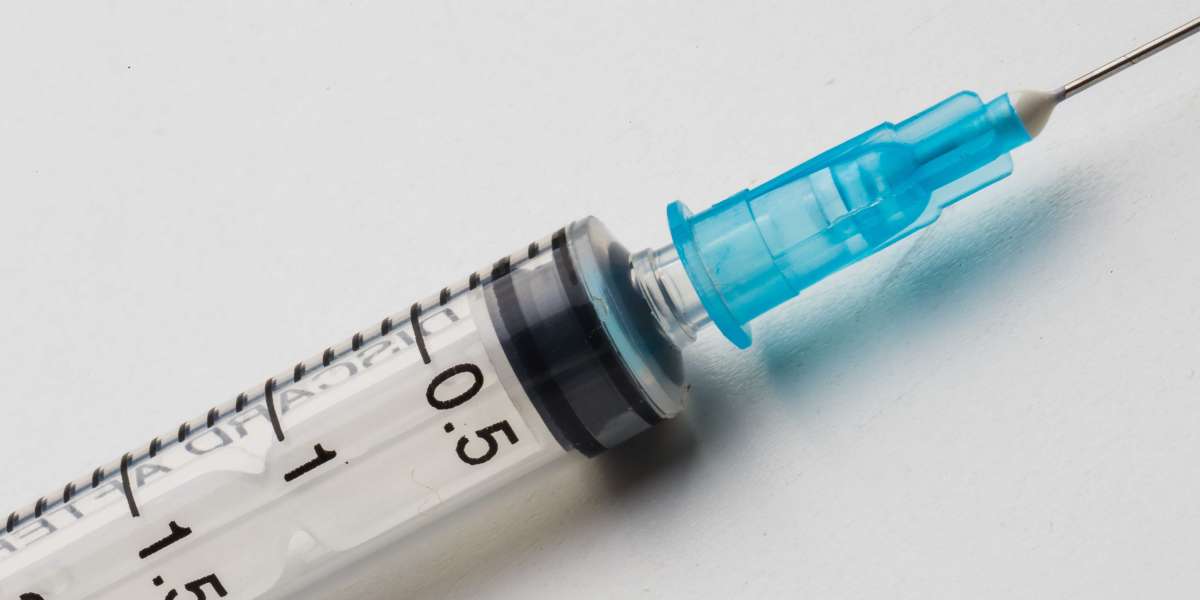
Needle waste disposal is a complex issue that requires comprehensive legislative measures to ensure safe handling, containment, and disposal of used needles and sharps. Legislation plays a crucial role in establishing guidelines, standards, and enforcement mechanisms to promote proper needle waste disposal practices and protect public health and the environment. By implementing effective policies, lawmakers can support initiatives aimed at reducing the risks associated with needle pollution and improving waste management practices.
One key aspect of legislation related to needle waste disposal is the establishment of regulatory frameworks governing the handling and disposal of medical waste, including needles and sharps. These regulations outline the responsibilities of healthcare facilities, pharmacies, waste management companies, and individuals in safely managing and disposing of used needles. By setting clear guidelines and requirements for proper containment, labeling, and disposal of needles, legislation helps to minimize the risk of needle-stick injuries, prevent environmental contamination, and ensure compliance with disposal standards.
Furthermore, legislation can incentivize the adoption of safe needle disposal practices through financial incentives, tax credits, or subsidies for healthcare facilities and waste management companies that invest in infrastructure and technologies to improve needle waste disposal. By providing economic incentives for compliance with disposal regulations and investment in waste management infrastructure, policymakers can encourage stakeholders to prioritize safe needle disposal practices and make the necessary investments to enhance waste management capabilities.
In addition to providing incentives, legislation can also establish penalties and enforcement mechanisms to deter non-compliance with needle waste disposal regulations. Penalties for improper disposal of needles, such as fines or sanctions, can hold individuals and organizations accountable for their actions and incentivize adherence to disposal guidelines. Moreover, enforcement agencies, such as environmental protection agencies and health departments, play a crucial role in monitoring compliance with disposal regulations and taking enforcement actions against violators.
Another important aspect of legislative support for safe needle disposal practices is the promotion of education and awareness initiatives. Legislation can mandate the development and implementation of public education campaigns to inform residents about the risks associated with improper needle disposal and provide guidance on how to safely contain and dispose of used needles. By raising awareness and promoting behavior change, education initiatives can help to reduce needle pollution, prevent needle-stick injuries, and foster a culture of responsible waste management.
Collaboration and coordination among policymakers, healthcare providers, waste management companies, and community stakeholders are essential for the success of legislative efforts to support safe needle disposal practices. By working together to develop, implement, and enforce effective policies, stakeholders can address the complex challenges of needle waste disposal and promote safer, cleaner communities for all residents. Through proactive legislative action and sustained commitment to waste management, policymakers can protect public health, preserve the environment, and promote sustainable development for future generations.



